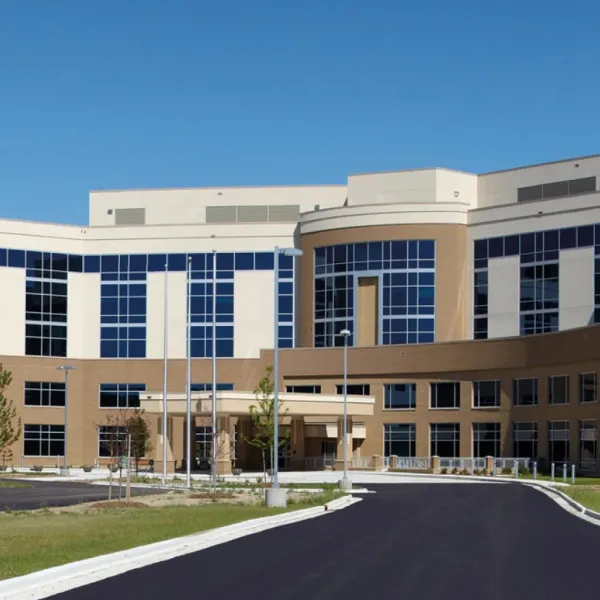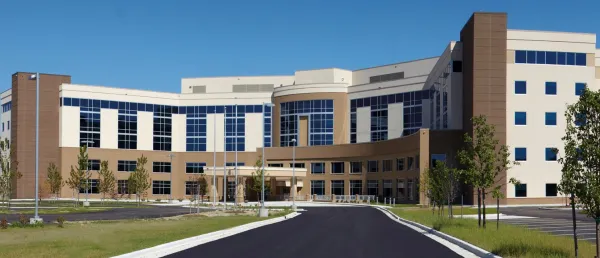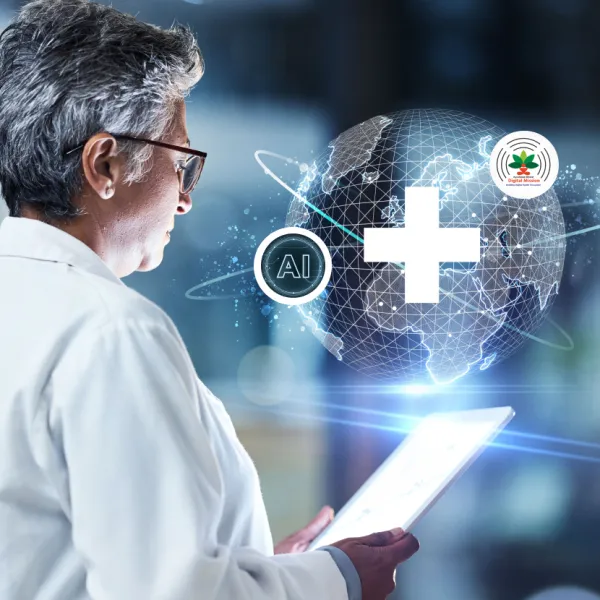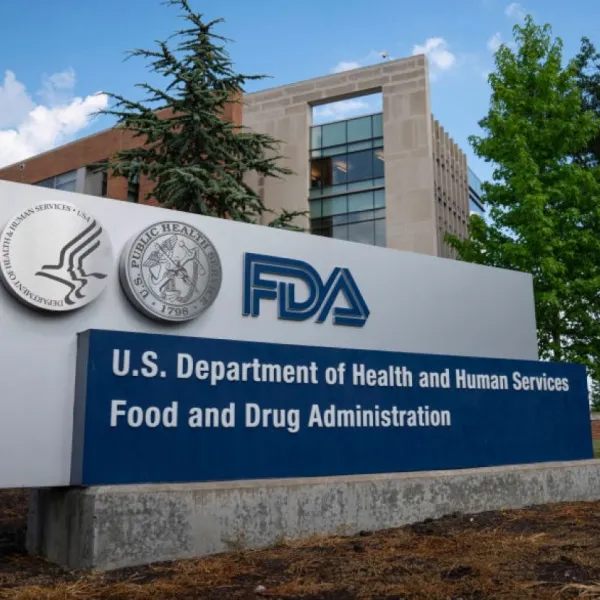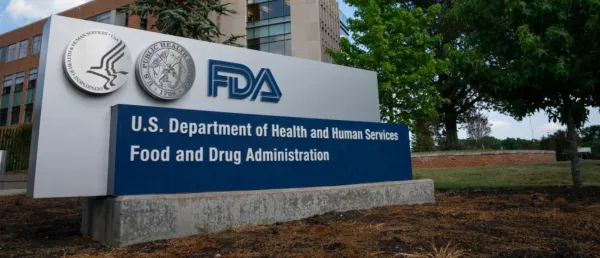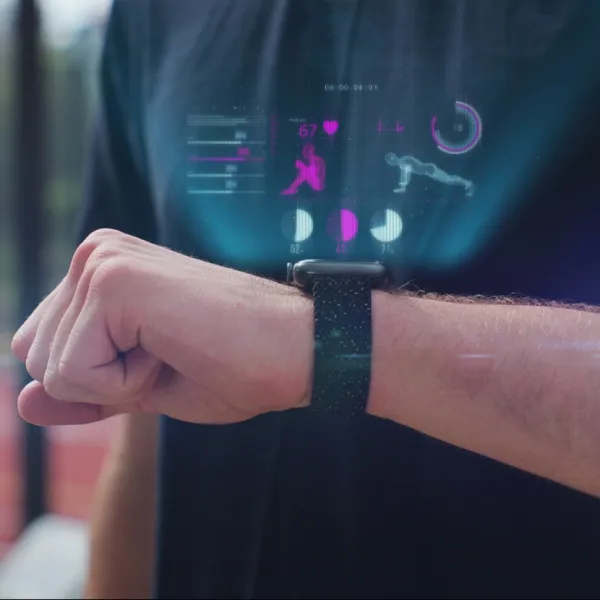Merck Launches Aptegra Genetic Stability Assay for Accelerated Biosafety Testing

The Aptegra CHO genetic stability assay integrates whole genome sequencing and bioinformatics, offering a comprehensive approach to genetic stability assessment.
In a significant stride towards advancing biosafety testing in the healthcare sector, Merck, a prominent science and technology company, has introduced Aptegra, the industry's first all-in-one genetic stability assay.
This innovative assay harnesses the power of whole genome sequencing and bioinformatics to revolutionize the process of biosafety testing, ultimately expediting the journey towards commercial production.
Sharing insights, Benjamin Hein, head, life science services at Merck, said, “Driving innovation in biosafety testing is essential to bringing new therapies to patients faster.”
The Aptegra platform represents a paradigm shift in genetic stability testing, replacing traditional methods with a digital solution that utilizes next-generation sequencing technology.
The Aptegra CHO genetic stability assay integrates whole genome sequencing and bioinformatics, offering a comprehensive approach to genetic stability assessment. This advancement signifies a departure from traditional methods that have remained largely unchanged for many years.
Addressing Regulatory Requirements
Currently, biotech companies are required by FDA guidance to utilize multiple assays to fulfill genetic stability requirements. However, this conventional approach has its drawbacks, being both costly and time-consuming.
According to Hein, "The Aptegra platform replaces five different assays and four different technologies with one assay, thereby reducing testing time by 66 percent and costs by 43 percent compared to traditional methods."
Moreover, the Aptegra platform meets all regulatory standards for genetic stability assurance, including copy number assessment.
This consolidation of assays into a single platform streamlines the testing process while ensuring compliance with stringent regulatory requirements.
With a global biosafety testing network spanning multiple continents, including sites in Shanghai, Singapore, the UK, and the USA, Merck is well-positioned to cater to clients' diverse needs worldwide.
"The launch of the Aptegra platform reflects Merck's dedication to driving innovation in healthcare. We continue to invest in cutting-edge technologies that enhance the efficiency and effectiveness of biosafety testing, ultimately contributing to improved patient outcomes," remarked a company spokesperson.
Merck Betting on Expansion
The introduction of the Aptegra platform adds to Merck's transformative portfolio of digital technologies to revolutionize various aspects of the healthcare industry.
In addition to Aptegra, Merck recently launched Aiddison, an AI-powered platform for drug discovery, and the Bio4C Software Suite, which enhances manufacturing processes through data analytics and automation.
In other news, Merck acquired Harpoon Therapeutics, a leading immuno-oncology company. With this acquisition, Harpoon Therapeutics now operates as a wholly-owned subsidiary of Merck.
The acquisition of Harpoon Therapeutics further underscores Merck's commitment to advancing cancer research and developing novel therapies to address unmet medical needs.
Earlier, Merck acquired Caraway Therapeutics, through a definitive agreement valued at around $620 million. This move aims at strengthening Merck's portfolio in the neurodegenerative disease space. The deal includes an undisclosed upfront payment and contingent milestone payments.
Merck Life Science was incorporated in 1986 as a joint venture with Millipore Corporation, USA, and became a 100% subsidiary of Millipore Corporation in 2009. Millipore was then acquired by Merck Chemicals in 2010. Merck Life Sciences offers researchers advanced tools, services, and expertise worldwide.
According to the drugmaker, they offer one of the broadest portfolios in the industry for scientists, and their innovations touch individuals globally.
Stay tuned for more such updates on Digital Health News







